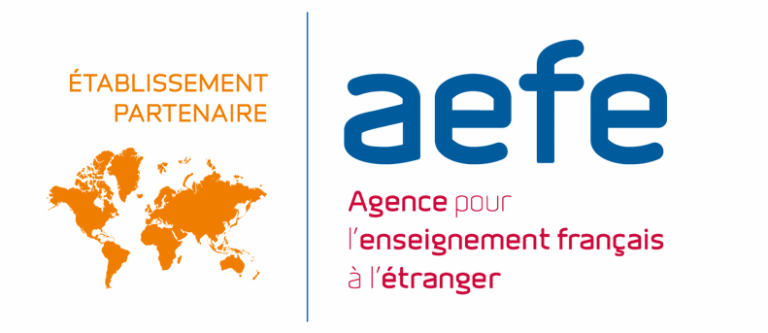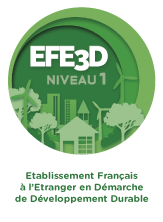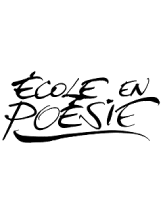Choosing the french school
By its historical and philosophical grounding, the French school sets itself in a genuine educational vision that intends training rigorous, curious and free minds that will be able to be in a fruitful and respectful dialog with others and other cultures. To the French school, the pupil is first and foremost a future citizen that, by its intellectual training and its school meetings will be able to fully participate in the elaboration of a more fair world.
Thus, to meet this ambition and enable the kids, and the parents, to live a fulfilling schooling, the French school uses a set of specific practices that, from the youngest age to the beginning of adulthood, intends to make the best of each and everyone happen.
1 – A humanist training for tomorrow’s world
Throughout schooling, pupils are led to train their critical mind, to experience the joys and difficulties of living together and to commit solidarity actions.
- the role of philosophy: Since a few years, philosophical discussions have been more and more present from primary school and get in line with UNESCO recommendations that didn’t hesitate to create a philosophy chair for children. Moreover, Baccalauréat’s reform reinforced philosophy teaching and general track students can follow from the Premiere, philosophy lessons, if they specialize in Humanities.
- importance of eloquence: Developing oral skills is from now on a priority within the French school that, from the primary classes, encourages pupils to speak up and make presentations. For the pupils it is about feeling comfortable and enjoying this exercise. Also, Brevet and Baccalaureate exams set an oral test related to chosen specializations
- Education to sustainable development: French national education recently included in its curriculum; the importance of raising awareness to environmental issues to be able to take one of the biggest challenges of upcoming years. This education starts from primary school with gardening practices and awareness to energy and waste issues and goes on in middle and high school with the election of eco-representatives and biodiversity preservation lessons in scientific subjects.
- Development of digital skills: The growing part of digital in our current societies naturally pushed the French school to organize a specific teaching related to this matter in order to train the pupils to an expert but reasoned use of digital tools. In primary school, initiation to coding and use of the internet is a part of the mandatory knowledge base. High school curriculums make some room for digital by giving the occasion to Seconde and Terminale students and follow digital science class that enables them to refine technical skills whilst putting these practices in a historical and society perspective.
2 – Sports, music and arts at school
Pupils’ well-being is a priority in the French educational system. In addition to a holistic approach of the child, practicing physical, cultural and artistic activities help pupils’ development and aim to sharpen their emotional and social skills. Regular and guided attendance of the french and worldwide common cultural heritage helps creativity and train judgment of taste and critical eye.
Moreover, from primary to high school, practicing school transmits taste for effort, self surpassing, respect of rules and of the others. It also helps to manage one’s attention and concentration and works on self-confidence. Thus, the school intends to support high level artistic and sports by monitoring and advising the pupils regarding the best tracks to follow.
3 – An opening on the world and plurilingualism
French schools in the world intend to answer a double demand: opening the pupils to an international environment and helping understand and integrate the local country in which they live. The stake is to train proud and aware of their identity background citizens, able to deploy a respectful and empathetic ethics for differences of all kinds. It is why French institutions attach particular importance to linguistic training that is adapted to the students’ profile, environment and personal and professional projects.
Lastly, French schools abroad fit into the vast AEFE (Agency for French Education Abroad) network that ensures an education of quality by its agents and training offer monitoring. Presence of schools and institutions in 139 countries enables the families to benefit from a unique worldwide network and ensure a continuous schooling in case they change their country of residence.
4 – Learning to live together in differences
French institutions ensure pupils’ safety and wellbeing whilst teaching them the community life rules and how to respect them. Moral and civics teaching, a true French educational specificity, provides, from primary school to high school, the occasion to think about uncivilized behavior and discriminations, violence, risky behaviors, education to health and safety. This also fits in the school and associative committing practices ( representatives) and school trip experience.
Moreover, french schools commit to including everyone by deploying a wide range of tools and solutions in the monitoring and the help to children with difficulties. They also offer individualized tracks for pupils with disabilities.
Choosing French school, is, lastly, via the International French Baccalaureat you can pass at LIFT, opening the doors to the french superior education but also to the best universities in the world.















